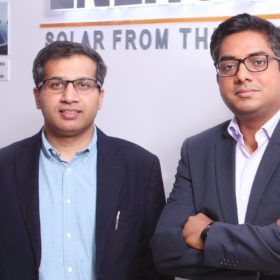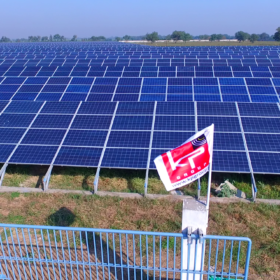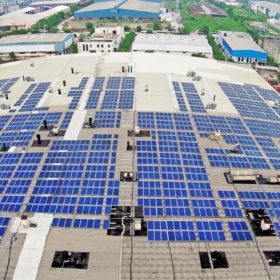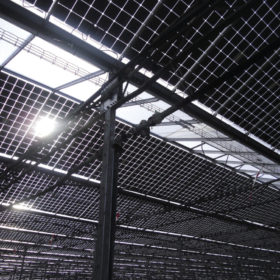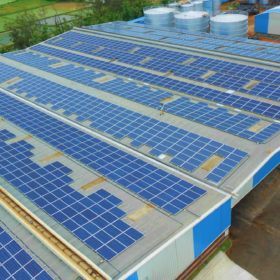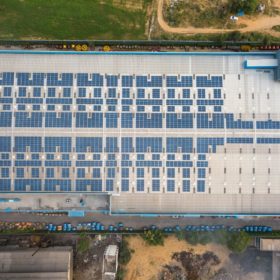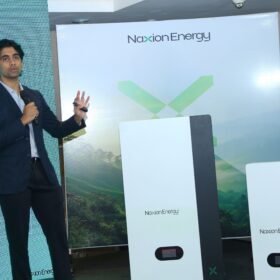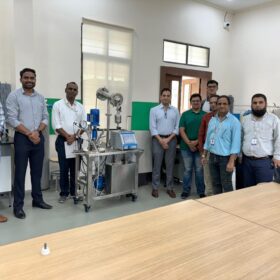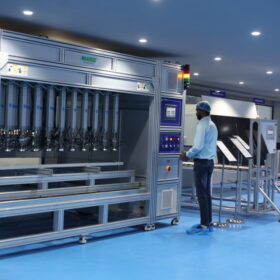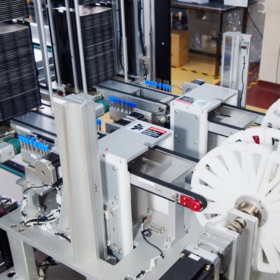Interview: SunSource Energy says regulatory uncertainty is solar industry’s biggest challenge
The disparity between central and state government renewables policies must be resolved and renegotiating signed PPAs is an absolute no-no, according to the solar business’ bosses.
ICRA downgrades 1.9 GW of wind, solar projects amid headwinds
Continuing delays in payments from utilities, regulatory uncertainty on tariff matters and tight financing have hit the industry hard.
Captive solar plants, a lucrative proposition for growing MSMEs
By going for captive solar plants, MSMEs can not only contribute in addressing the challenge of global warming but also generate additional cash flows to their business. Ample funding is available for them to make the switch.
Manufacturing sector biggest adopter of rooftop solar: Bridge To India
Manufacturing sector accounts for 14% of rooftop installations among top end user industries. The sector added around 130 MW of rooftop capacity in FY2019.
MNRE refutes CRISIL report casting doubt on achievement of ‘175 GW by 2022’ target
“The CRISIL report is neither factually correct nor takes into account initiatives taken by the MNRE to facilitate accelerated development and deployment of renewable energy in the country. India will not only meet 175 GW target but exceed it by 2022”—stated the ministry.
Global bill for replacement inverters and other solar maintenance could hit $9.4bn by 2024
This year will see strong growth for the global PV market, to 114 GW, and that pattern will continue in the years ahead, according to analyst Wood Mackenzie. A report has highlighted soaring inverter replacement costs for PV project owners as a side-effect of the solar success story.
Indian Railways tenders 32.56 MWp rooftop solar
The grid-connected projects—to be set up on ‘design-build-finance-operate-transfer’ basis—shall come up at 117 locations of four zonal railways (Eastern, North Central, North Frontier and Northern) and coach production units in Kapurthala and Raebareli. Bidding closes on December 9.
REIL tenders 50 MW ‘RESCO mode’ solar projects across India
November 2 is the bidding deadline for grid-connected rooftop and small solar power plants that shall come up in government buildings across different states and union territories of India.
Shell acquires 20% stake in Orb Energy
The fossil fuel giant, like many of its global peers, is making inroads into renewable energy activity and has invested an unspecified amount in becoming a significant shareholder in a business which installs rooftop PV systems for commercial and industrial clients.
SunAlpha commissions 1.2 MW solar project for Dynamic Cables
The rooftop solar project—commissioned under Rajasthan’s solar net-metering policy—will meet about 30% of Dynamic Cables’ energy requirement.
